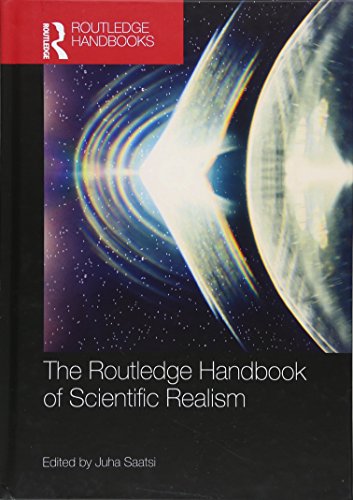

Most ebook files are in PDF format, so you can easily read them using various software such as Foxit Reader or directly on the Google Chrome browser.
Some ebook files are released by publishers in other formats such as .awz, .mobi, .epub, .fb2, etc. You may need to install specific software to read these formats on mobile/PC, such as Calibre.
Please read the tutorial at this link: https://ebookbell.com/faq
We offer FREE conversion to the popular formats you request; however, this may take some time. Therefore, right after payment, please email us, and we will try to provide the service as quickly as possible.
For some exceptional file formats or broken links (if any), please refrain from opening any disputes. Instead, email us first, and we will try to assist within a maximum of 6 hours.
EbookBell Team

4.7
96 reviewsScientific realism is a central, long-standing, and hotly debated topic in philosophy of science. Debates about scientific realism concern the very nature and extent of scientific knowledge and progress. Scientific realists defend a positive epistemic attitude towards our best theories and models regarding how they represent the world that is unobservable to our naked senses. Various realist theses are under sceptical fire from scientific antirealists, e.g. empiricists and instrumentalists. The different dimensions of the ensuing debate centrally connect to numerous other topics in philosophy of science and beyond.
The Routledge Handbook of Scientific Realism is an outstanding reference source – the first collection of its kind – to the key issues, positions, and arguments in this important topic. Its thirty-four chapters, written by a team of international experts, are divided into five parts:
In these sections, the core issues and debates presented, analysed, and set into broader historical and disciplinary contexts. The central issues covered include motivations and arguments for realism; challenges to realism from underdetermination and history of science; different variants of realism; the connection of realism to relativism and perspectivism; and the relationship between realism, metaphysics, and epistemology.
The Routledge Handbook of Scientific Realism is essential reading for students and researchers in philosophy of science. It will also be very useful for anyone interested in the nature and extent of scientific knowledge.